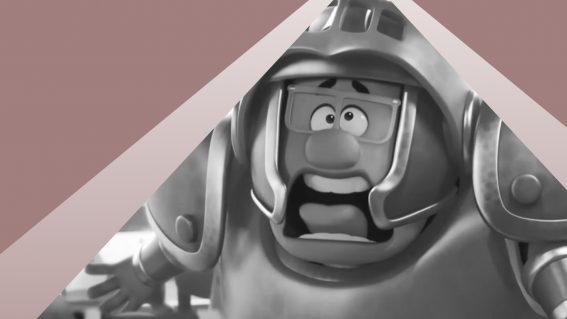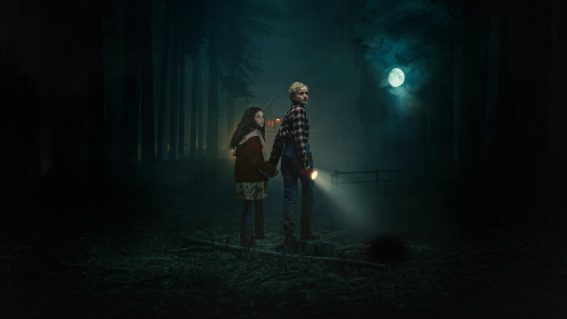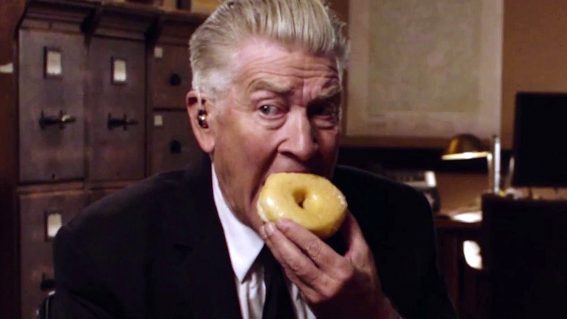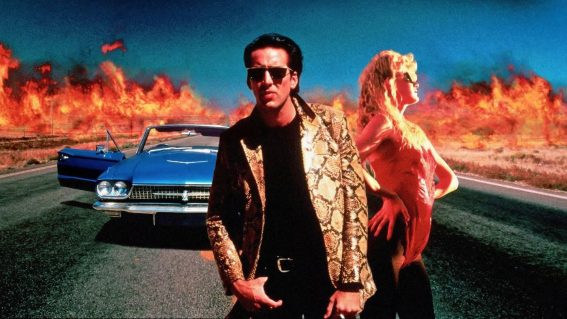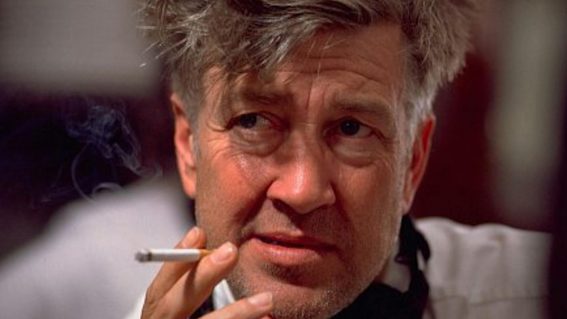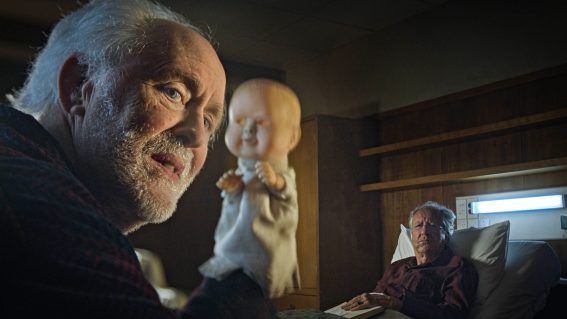Why I love Veronica Mars – but found the fourth season terribly frustrating
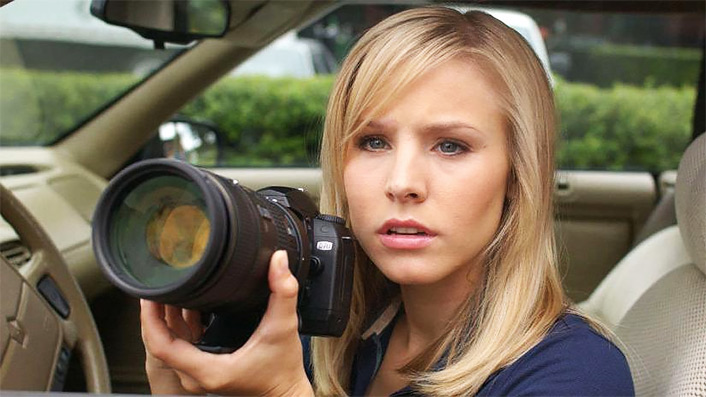
Maria Lewis was a huge fan of Veronica Mars, but found the show’s belated fourth season to be a huge let down. She explores what made it so great – and why the new series is such a disappointment.
Full disclaimer: if I had to create a Mount Rushmore of greatest television shows, Veronica Mars would be on there. Along with Buffy The Vampire Slayer, The Wire and The West Wing (if you must know). My love of Veronica Mars is a pure, relentless thing. I was a teenage police reporter working at my local newspaper when the first two seasons aired, praying that something horrendous wouldn’t come across the emergency scanners 45 minutes from the end of my shift so I could fang it home in time to watch the late night airings of Veronica Mars that were playing on Channel 10.
I loved detective stories and I loved that the vessel for this particular one was the sassy, smart-mouthed teen I wished I could be. Noir works best when the main character is an underdog, someone who comes from the outskirts, and – in the parlance of our time – Kristen Bell’s Veronica Mars was that bitch. At a glance, anyway. As the series went on and we spent more time with characters that weren’t a) white b) blonde and c) straight, we learned that Veronica actually straddled a position with a lot more privilege than she initially entertained. For the early naughts, it was a show that examined race, gender, sexuality, violence, class, family, and the consuming nature of revenge in a way that couldn’t (and probably shouldn’t) exist in 2019.
It was ahead of its time and to cement its cult status, cancelled mid-way through season three. Yet audiences continued to find it and fans continued to stay feverish for it, with creator Rob Thomas and Bell launching a historic Kickstarter campaign to fund the Veronica Mars movie a decade after the plug had been pulled on the series. The show was exceptional. The film was fine. I donated $500 to the Kickstarter and don’t regret a cent, but after so much build up and anticipation to the project it failed to deliver much more than a supercut of all our favourite heroes and favourite villains doing our favourite hero and villain things. The biggest issue were stakes: there just weren’t that many. In fact, the central ‘mystery’ was extremely underwhelming given that we saw Veronica tackle more exciting cases in the show’s episodic, monster of the week form.
Much like Buffy – which had a self-contained mission to complete each week – the series also had an overarching big bad for the season: the true murderer of her best friend Lilly Kane in the first, the culprit of a high school massacre in the second. Yet this was also a character we saw thwart multiple bombers, serial rapists, hackers, dog nappers, paedophiles, organised crime gangs, a serial killer, and more. Not to mention a potential season four sizzle real that had her working as an FBI trainee like Clarice Starling in fishnets. So although the film gave us some key things – the Logan/Veronica reunion, time with each of our fave supporting characters, a slo-mo wet scene, Keith Mars on top of shit, important deaths – it didn’t give us a solid case. At least not in the way the two tie-in novels proceeding it did (also written by Thomas).
Now, we have an entire new series of Veronica Mars – season four – that has the fan service ground already cleared for it thanks to the movie. It also has the benefit of concepts rarely examined, like what happens to teenage prodigies when they hit their mid-thirties? Nancy Drew is a fascinating premise when it’s a pre-pubescent girl doing shit adults can’t, but are the core things that make Nancy Drew fascinating on the page as fascinating when she’s on her second marriage and trying to shepherd her eldest son through his Goth phase?
Veronica is still living in the fictional town of Neptune, California, working with her ailing father (played by the always excellent Enrico Colantoni) as a private detective and managing a steady, adult relationship with OTP Logan (Jason Dohring). It’s Spring Break which – as anyone who has had the misfortune of living on the Gold Coast during Schoolies knows – is fucking gross. And there’s a bomber: someone seemingly hellbent on blowing up Spring Breakers, lowering the value of Neptune’s prime real estate, causing mass causalities and chaos, or all three things simultaneously. The key players are back, from the crucial trio of Veronica – Keith – Logan, to supporting staples like Weevil – Wallace – Cliff, to the kooks Dick Jr – Vinnie Van Lowe – Dick Sr, to the waaaaay outta left field deep cuts Leo – Max – Principal Clemmons.
What’s particularly interesting is the things that make Veronica a compelling character as a teen are the things that make her an asshole as an adult. Her ‘edgy’ jokes now come off as tired or, at worst, offensive and outdated. The tendency to never make Veronica overly likable in the show was an endearing quality, but as a woman in her mid-thirties she’s in a state of arrested development while everyone else around her as progressed. That includes Wallace – who has a family and a steady, rewarding job at a local high school – that includes former flame Leo – who has risen from lowly beat cop to FBI agent – to Dick Casablancas – whose never-ending immaturity has spawned an acting career.
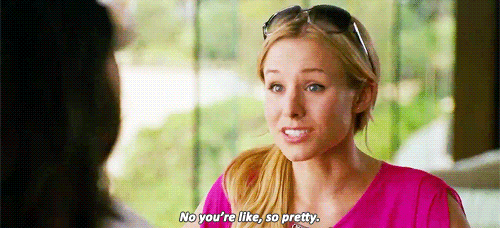
Most noteworthy though is Logan Echolls. The thing that always bound he and Veronica was shared trauma not just over his girlfriend and her best friend Lilly Kane’s death, but everything else surrounding that: his father’s lifelong physical and mental abuse, his mother’s suicide, his father being the murderer, his father’s murder, countless other tragedies shoved into that space. He had a hair-trigger temper and his own issues with violence, jealousy and race (just to scratch the surface). As an adult, however, he’s a decorated pilot turned Naval intelligence officer. He’s seeing a therapist and trying to implement the things he has learned into his relationship with Veronica (despite relentless mocking from her). Logan Echolls has had growth, while Veronica Mars is stagnate.
Her state of stasis, unfortunately, ends up becoming representative of the show, which runs eight episodes instead of its previous twenty-two per season. The central mystery is better, more interesting, and with higher stakes, but for a large portion the show feels directionless. The first half of the season starts strong, but there’s a lack of momentum episodically with just a seasonal big bad. What you think is a fleshing out of the new local players – JK Simmons, Clifton Collins Jr, and Patton Oswalt the most interesting – quickly becomes tedious as C and D plots starting eating up time that could have been spent on characters we have actually grown to care about over the past 15 years.
Who cares about each, individual member of the faux-murderinos or the teenage sleuth-apparent when we only see Wallace in throwaway scenes? Or Weevil, one of the most interesting and enduring characters who is completely underserved and underwritten? And Mac, one of Veronica’s few female friends and hacking extraordinaire who actress Tina Majorino said “was not an integral part” for the forthcoming season. Veronica was always an interesting part of the series that has her name, but she was never the most interesting part: there were only so many stories you could tell through her. That’s why Thomas so cleverly had an arsenal of more diverse, complex, and challenging characters whose hands he could tap to step into the storytelling ring.

They were the shades of grey that added tone and depth and multitudes to the world of Neptune. In season four, their absence is in place of nothing. Then there’s the Big Important Character Death in the final episode: it’s one that rocked Mars fans – dubbed marshmallows – to the core. It’s also one that served little purpose, with the sole aim of the ‘twist’ designed to deprive Veronica of the happy ending she so deserves. Because female characters can’t be interesting without trauma? Because female characters have to be defined by what they can endure? Because female characters can’t be fascinating without a deeply fucked personal life? Because reasons?
The justifications in the press have provided little insight as to why that specific plot choice needed to be made. More than that, why it needed to be made that way, with so few minutes spent on the actual event and its aftermath as season four raced towards the end credits. Veronica chugging it out of Neptune is an interesting plot point, it cuts her loose of all the standard Neptune obligations and throws a human spanner (her) into the works (the wider world) offering no shortage of new cases, new characters, and new cameos. Yet did that need to come at the cost of her suffering and the suffering of many female fans who have stuck with this show from the jump?
Part of Veronica Mars’ gift as a series was being able to steer audiences towards noir tropes they recognise and are familiar with, then take a sharp left turn at the last minute. Perhaps more than any other recent noir offering – Brick, Drive, L.A. Confidential – it was able to flip some of the genre’s most outdated and stale clichés into vessels that could examine modern issues through the lens of a feminist, albeit privileged heroine. That’s what’s so frustrating about season four as a viewer, as an enduring Veronica Mars fan, and as a lover of noir. The remixology is gone: instead we’re driving full speed into tropes for reasons that make little to no sense.

